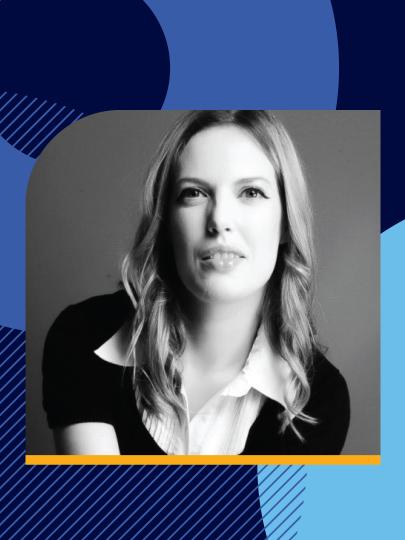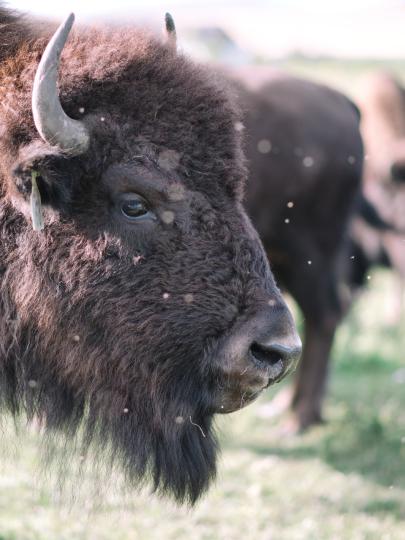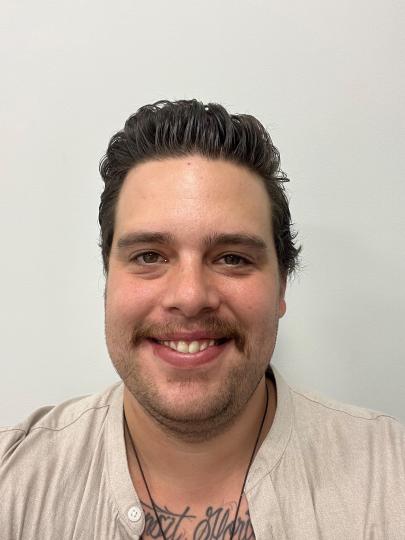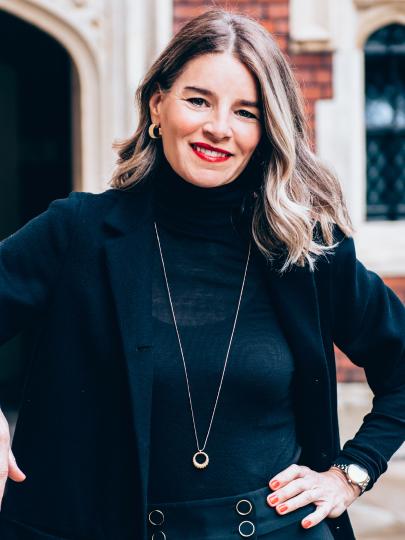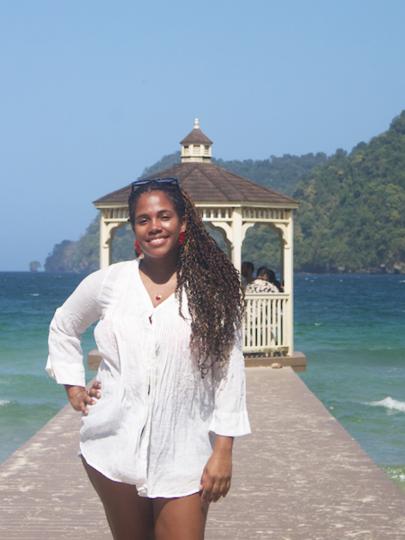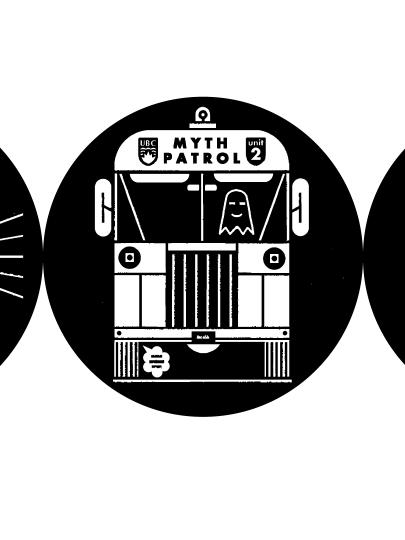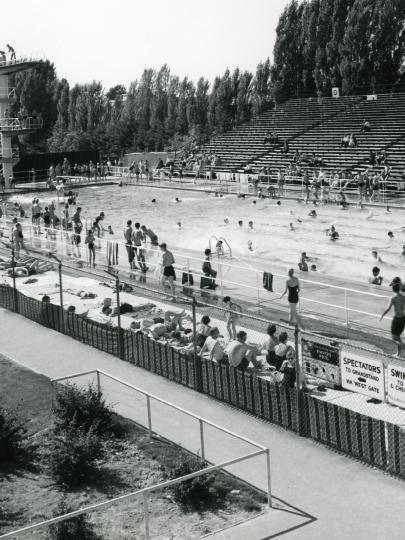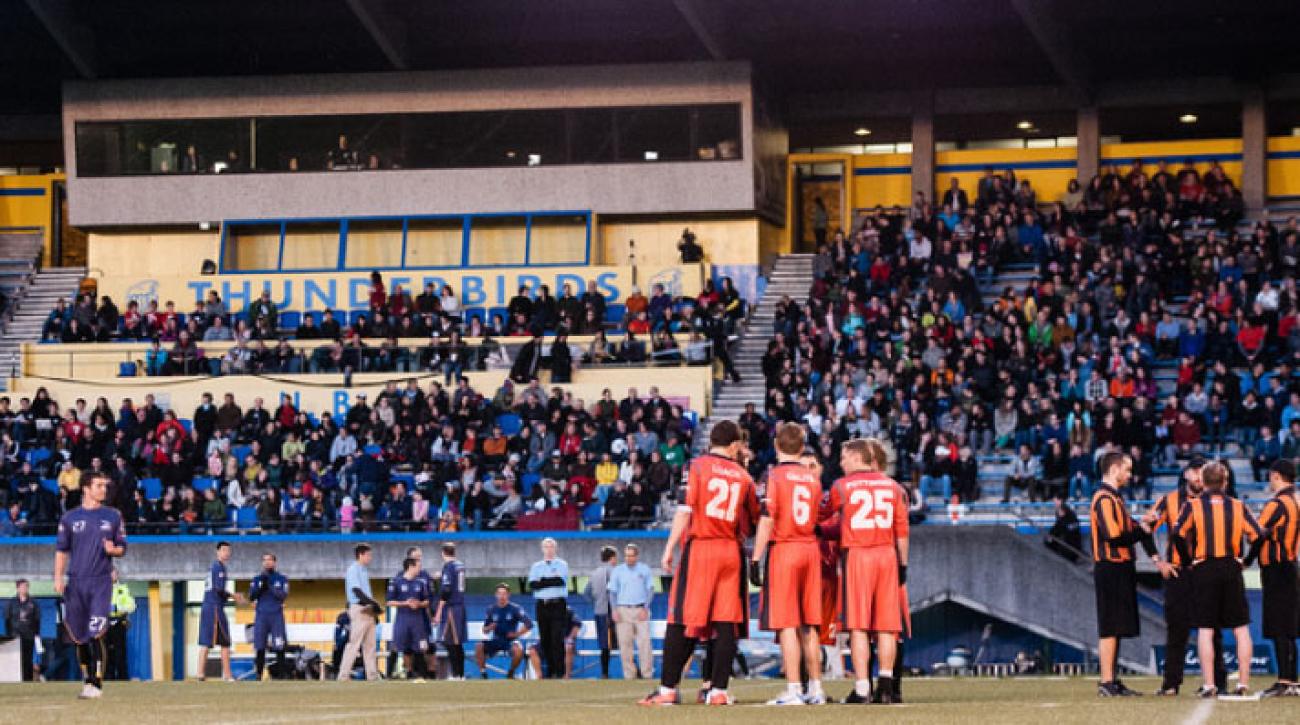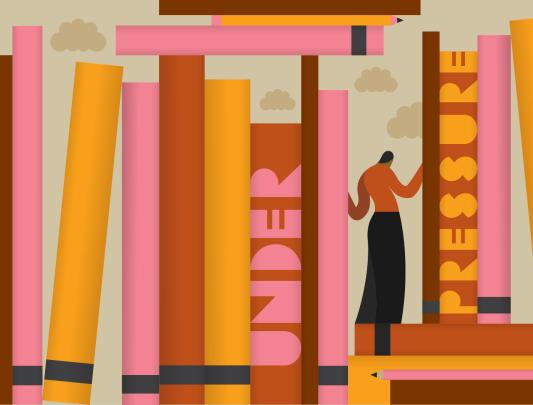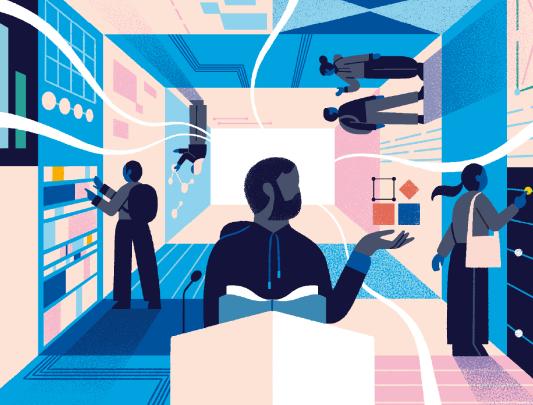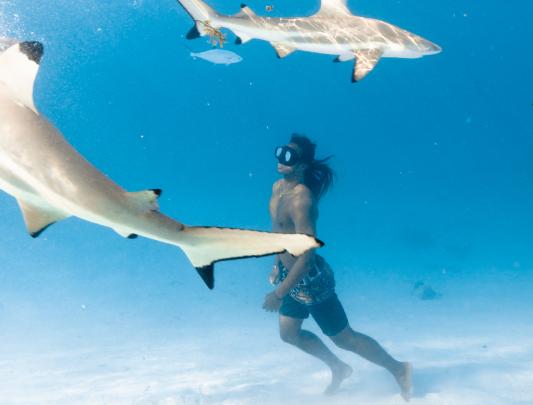Disc Jockeys
The scene unfolding on the field of Thunderbird Stadium is altogether unfamiliar. Although I have seen a gazillion football games here, tonight is my observational debut of a sport that has become wildly popular in more than 75 countries. Ultimate (formerly known as ultimate Frisbee) is a game played with a flying disc and often described as a mix of football, soccer, and basketball. The home team is the Vancouver Nighthawks, the city’s newest professional sports team and the only Canadian entry in the recently founded Major League Ultimate (MLU) organization. Tonight is their inaugural home opener, in which they will square off against the San Francisco Dogfish.
A strictly non-contact sport, ultimate has come a long way since it emerged on American campuses in the early 1970s as the countercultural antithesis of conventional team sports (although the game’s Bohemian origins were still in evidence at the 1997 World Ultimate Club Championship held at UBC, where a night-time co-ed match was played in the buff). While light-hearted traditions remain intact among the roughly 30,000 who play at the recreational level across Canada, the scene on the field tells a different story, where everything smacks of serious athletic competition between two teams whose skill is immediately evident during the warm-up. Under the watchful eyes of coaches, team members display a variety of crisp, precise throws and remarkable speed as they run pass-receiving routes and defenses. Rock music blares through the stadium speakers, officials confer on the sidelines, and Hawkins, the home team’s mascot, hams it up for a thousand fans.
While it’s all new to me, the assembled faithful appear well-versed in the rules and culture of ultimate. Evenly divided between male and female, one suspects the majority of the fans play on the recreational teams that compete under the auspices of the Vancouver Ultimate League (VUL). Like a handful of other Canadian campuses, UBC Vancouver has been a hotbed of participation since the first teams were formed in 1997. As a result, 13 members of the Nighthawks are former UBC players, and one is a current student. The team’s statistician is Jenny Bryan, an associate professor in the Department of Statistics and a former member of the Turf Burners, one of the VUL’s original teams. And Ashley Howard, the UBC Athletic Department’s newly appointed managing director, is also an ultimate devotee, having co-captained the Canadian women’s team to a gold medal finish at the 2000 World Championships. Ultimate is firmly entrenched here.
Seated to my left are the parents of Nighthawk and former UBC player Mark Leduc. Wayne and Socorro have followed their son’s career closely from his high school days to his three appearances in world championships. Wayne explains that the objective is to catch the disc in the opposing team’s end-zone. The person holding the disc is not allowed to run but can pivot in place, as in basketball. All other players can run, so the disc is moved by passing it back and forth, similar to how the ball is passed in soccer. He also tells me that Thunderbird Stadium has hosted some big games over the years, including the 2008 world championship, in which a number of current Nighthawks helped Canada to a gold medal over the USA.
The game begins with a “pull,” similar to the kick-off in football, in which the defensive team launches a long throw deep into the opponents’ end of the field. The pull is repeated after every scoring play, and each time the powerful throw is accompanied by a “WWWOOOSH!!!” from the high-spirited crowd. The Dogfish open the scoring two minutes into the first quarter and appear to gain momentum as play continues. With the Nighthawks down 6-2 early in the second quarter, Mark Leduc helps turn the tide by forcing a turnover on his own goal line, then sprints the length of the field and catches a long pass from former UBC team mate Kirk Savage to complete a scoring play referred to in ultimate speak as “Double Happiness,” by which a player causes a turnover and then scores on the ensuing possession. The spectacular effort brings the crowd to its feet.
The Dogfish lead 10-7 at half-time, but the Nighthawks close the gap early in the third quarter and then go ahead 11-10 on Mark’s fourth goal. With the score deadlocked at 15-15 late in the fourth, the Dogfish have possession but fail to score, signalling overtime. But a foul had been called against the home team, which calls for the clock to be set back 10 seconds. The fans groan in reaction, but none louder than Wayne Leduc. Seconds later the Dogfish capitalize, scoring the winning goal with no time remaining.
And with that, the first home game of the Vancouver Nighthawks is in the books, a well-fought encounter resulting in a narrow loss to a strong team that would eventually go on to win the MLU Western Conference Championship. Both teams make gestures of appreciation to the fans, clearly grateful for the support, not to mention an opportunity to play at an elite level with all expenses paid and a stipend of twenty five dollars per-game to boot.
Just after the final game of the season, I connect with Mark Leduc over the phone and ask him how the remainder of his season turned out. He modestly defers to the MLU statistics website, where his name appears among the league’s leading scorers. With a total of 37 points (27 goals and 10 assists), he is just one point behind the Nighthawks’ top scorer, fellow UBC alumnus Oscar Pottinger.
Like all members of the Nighthawks, Mark represents the modern breed of ultimate players – serious athletes who have worked hard to compete among the best in the world. Reflecting on the season, he says it was successful both for the team and the league, with the Nighthawks having the highest average attendance.
“Our record (3-7) might not seem that successful, but it was great to have the majority of the top level players in the city come together on a team,” says the 2009 Arts graduate. “It takes a while to get chemistry, but it was building towards the end of the season. We definitely had some exciting games, lots of one or two-point games that came right down to the wire.”
On that there can be no doubt, as exemplified by the two games against the Dogfish, both razor-close encounters right down to the final whistle. And from what he has heard, the league’s debut season was a success in all cities, which include Portland, Seattle and San Francisco in the western conference, and Boston, New York, Philadelphia and Washington, DC in the east. “The attendance numbers were fairly solid, and merchandise sales were good,” Mark says. “I believe the league is in a fairly healthy state.”
He also insists that the genteel aspect of the game remains intact at the professional level. “If you start being more physical with another team, they are going to be more physical with you, but generally players don’t want that. Everyone wants to help the sport grow, and keeping a clean game helps.”
The civil and inclusive attitude is refreshing. Could there be a more perfect sport for a place like UBC? From counterculture to mainstream to professional, the game of ultimate has arrived on Point Grey in a big way.
WWWOOOSH!!!!





